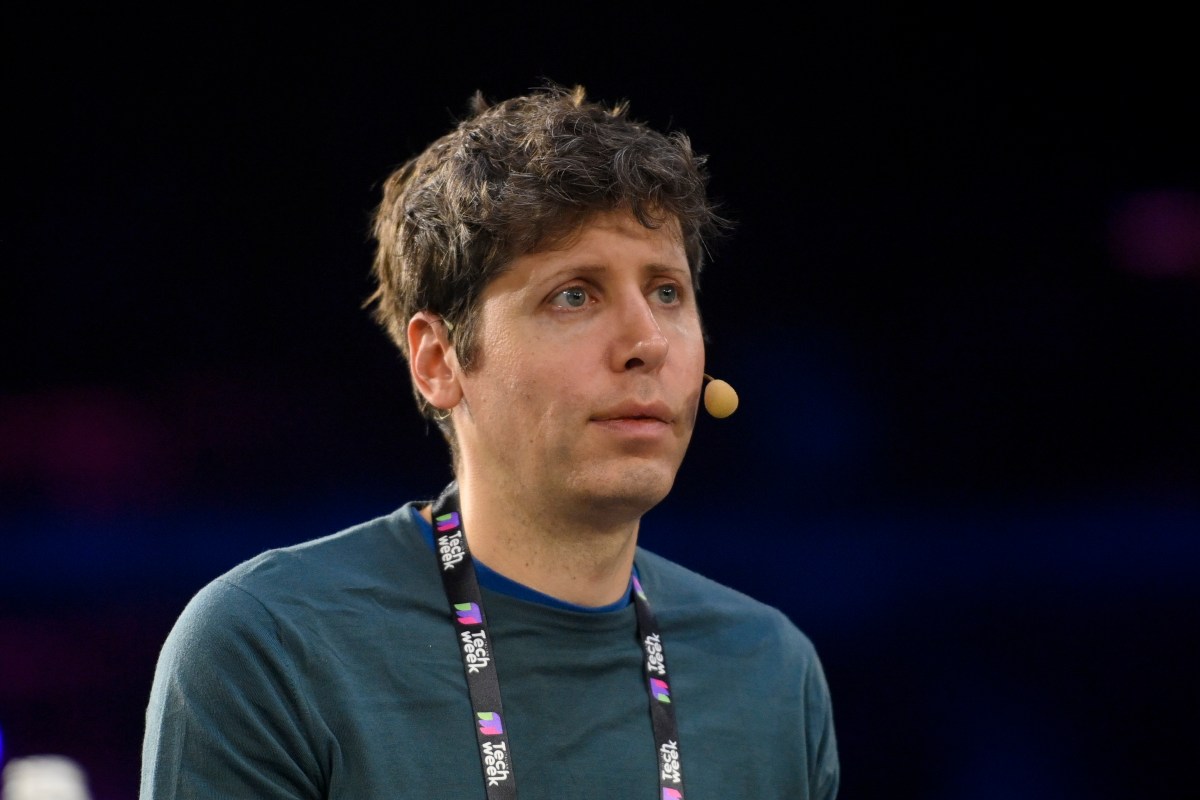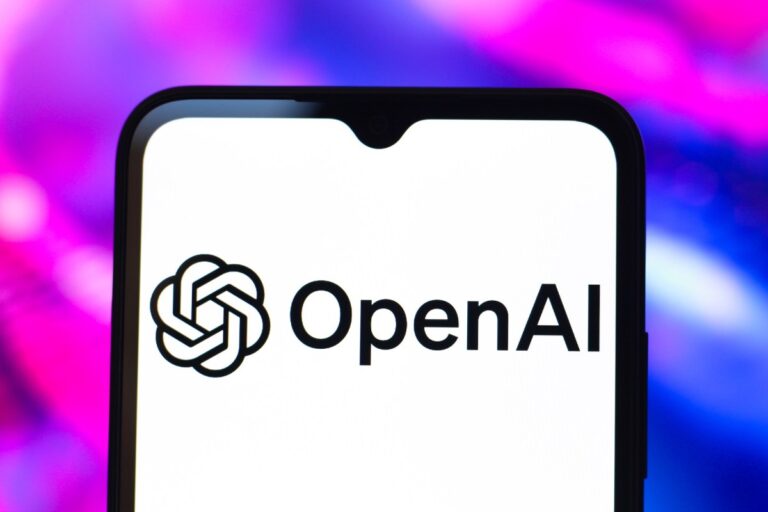Unlocking the Future: How OpenAI’s Restructuring Plan Shapes Its Corporate Destiny
OpenAI is undergoing a significant restructuring plan aimed at addressing concerns from state attorneys general in Delaware and California. This move comes as the organization attempts to navigate its unique corporate governance structure while striving for a more conventional operational model.
OpenAI’s New Corporate Structure
Under the proposed restructuring, OpenAI’s for-profit division will transition into a public benefit corporation (PBC). Despite this change, the overarching control will remain with OpenAI’s nonprofit board. This dual structure aims to satisfy both regulatory pressures and the interests of investors.
Implications of the Restructuring
The new structure could potentially alleviate concerns from regulators while also appealing to investors who have invested billions in OpenAI with expectations of future returns. However, it raises questions regarding the company’s long-term plans, particularly its potential to pursue an initial public offering (IPO).
- Investor Relations: OpenAI’s restructuring may enhance investor confidence, but could complicate future IPO aspirations.
- Control Over Intellectual Property: The PBC’s ability to own and control core intellectual property remains uncertain, posing challenges for any future IPO.
- Nonprofit Oversight: OpenAI’s nonprofit will control critical technology, limiting shareholder influence.
The Path to an IPO
Last December, OpenAI laid out a plan to detach its for-profit operations from its nonprofit governance. However, this recent restructuring plan signifies a return to a structure that keeps the nonprofit in control, complicating OpenAI’s aspirations to go public.
According to TechCrunch, Stephen Diamond, a corporate governance professor at Santa Clara University, emphasized that while PBCs can go public, the path for OpenAI under this new plan remains narrow. The success of the IPO route hinges on the PBC’s ownership of valuable intellectual property.
Stakeholder Reactions and Pressures
OpenAI’s restructuring is under scrutiny from various stakeholders:
- Regulatory Bodies: Former employees have urged California and Delaware attorneys general to block the conversion, citing concerns about the organization’s charitable roots.
- Investors: Major investors like Microsoft and SoftBank are closely monitoring the restructuring to ensure their investments are protected.
- Elon Musk’s Influence: Musk has intensified pressure on OpenAI, launching a lawsuit that claims the organization has strayed from its mission to develop artificial general intelligence (AGI).
As reported by Bloomberg, Microsoft has not yet approved the new corporate structure, highlighting the stakes involved in OpenAI’s restructuring decision.
Conclusion
OpenAI’s restructuring initiative is a pivotal step as it navigates regulatory scrutiny and investor expectations. While it seeks to streamline operations, the organization faces significant hurdles, particularly regarding its potential IPO and the control of its intellectual property. As OpenAI moves forward, the implications of this restructuring will be closely watched by industry experts and stakeholders alike.
For more insights into corporate governance and nonprofit relationships, visit The Balance.







